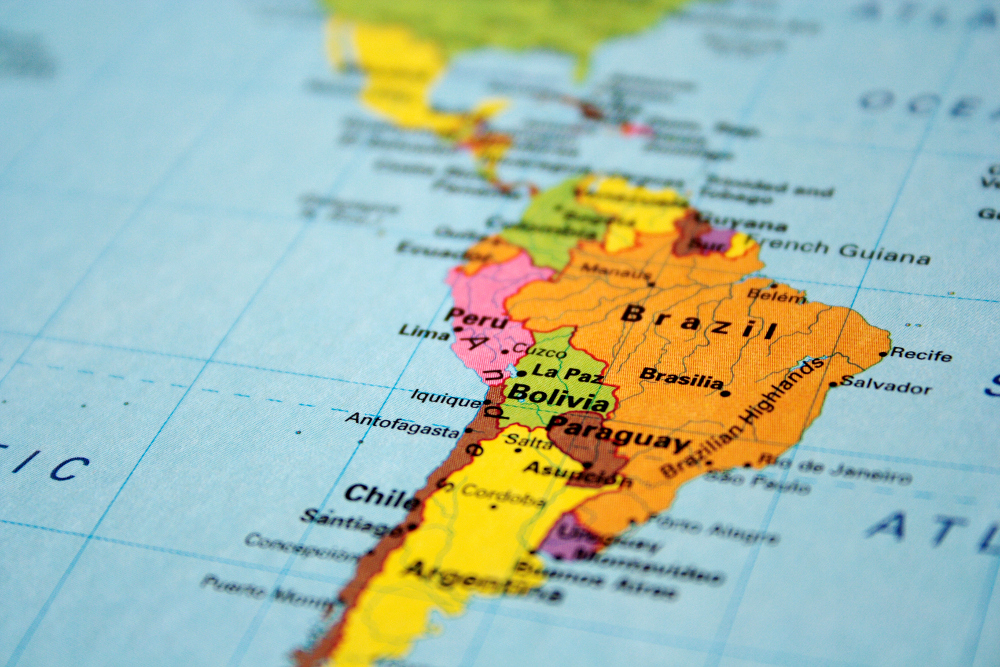Since the 1930s, the developmental discourse in Latin America had been that import substitution industrialisation (ISI) is the way out of the conditions of dependence and under-development.
If industrialisation and economic growth were seen as the forces for development and independence, a major concern were the sources of capital necessary for these processes.
ADVERTISEMENTS:
ISI had entailed a central role for the state including the most necessary one of accumulating capital for industrialisation. It was a triple alliance under ISI strategy wherein the state sought to channel both the domestic entrepreneurs and foreign multinationals towards the goals of economic development.
Besides its concerns for economic development, state had also to create opportunities of employment mainly in the state-owned sector, enact labour and social security programmes and also undertake redistributive policies.
All this had meant (a) a new role for an expanded state bureaucracy which had become an important political actor by itself; and (b) a sufficient degree of state autonomy vis-a-vis all the social classes and economic interests including foreign investors.
The trajectory of economic development in Latin America since the 1930s therefore had been state-centred. A feature of the populist regimes was their failure to ensure uninterrupted economic growth and thereby their failure to meet redistributive commitments.
ADVERTISEMENTS:
Populist coalitions had generally broken down in the face of rising political conflicts and social tensions over state inability to meet the demands of various constituent elements. Developmentalist theories have described it as the ‘second crises’ of the ‘delayed and dependent’ mode of capitalist development.
It was to resolve the underlying economic and political challenges that military regimes came to power in several Latin American countries in the 1960s and the 1970s. These were development-oriented regimes, and the noted Argentine political scientist, Guillermo O’Donnell has described them as Bureaucratic-Authoritarian (BA) regimes.
The onset of military regimes had challenged the prevailing theories of military interventions, which had invariably argued that with economic modernisation including importantly the expansion of the middle class, and with the professionalization of the armed forces, democratic processes would become strong and military interventions would become rare.
Guillermo O’Donnell has shown that precisely those processes, such as the expansion of market relations, industrialisation, and increasing political participation-all evident since the era of populism-which modernisation theories had identified as factors that would lead to the establishment of democracy did in fact pave the way for the rise of BA regimes.

